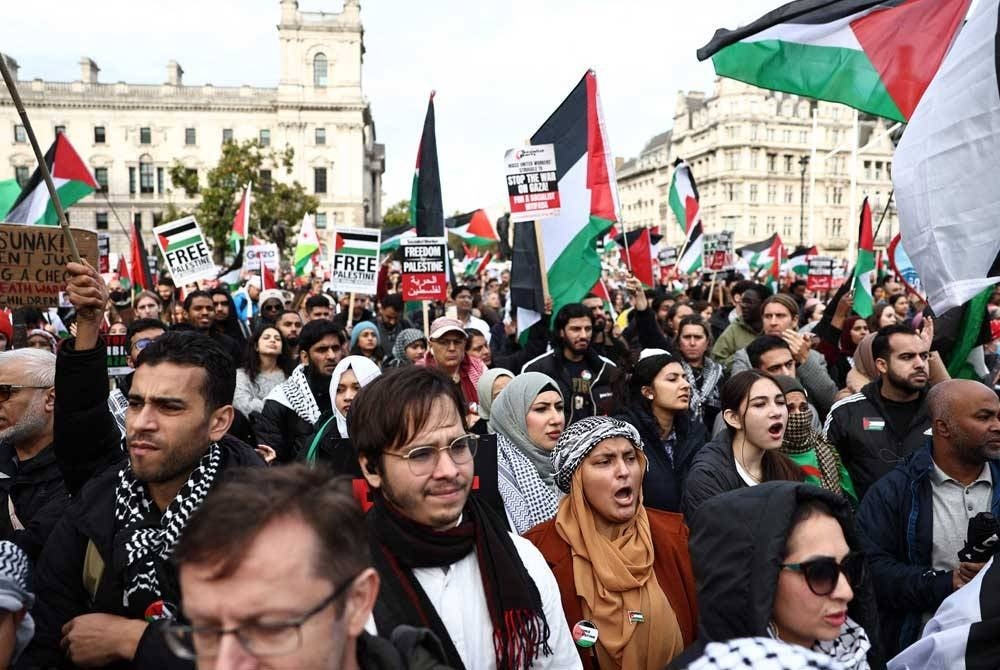14 nations against ceasefire resolutions have their own interests - Expert

SHAH ALAM - Four main factors have been identified towards the cause of the 14 nations opposing the ceasefire resolution in Palestine during the United Nations 10th Emergency Special Session.
Universiti Islam Antarabangsa Malaysia (UIAM) International Law Expert Dr Mohd Yazid Zul Kepli said the four reasons were the Islamophobic ideologies of Western nations, strategic importance, geopolitical consideration and economic factors.
He said the Islamophobic ideologies covered the behaviours and beliefs driven by a negative perception of religion coming from Western nations.
“The second is strategic importance. These nations have a strategic interest with Israel, especially from the economic point of view, the purchase of weapons, politics and such.
“Malaysia has made the right choice by not establishing diplomatic relations with Israel.
“Thus, Malaysia has no strategic importance with Israel,” he told Sinar on Sunday.
Yazi said the geopolitical considerations that gave importance to the nation were among the reasons why they protested the ceasefire resolution.
“Some nations stood to benefit when there’s continuous conflict, for example, the rising fuel costs would benefit several nations.
“The other is the economic factors where the instability of the world economy could be manipulated by interested parties to create profits,” he said.
The United Nations General Assembly (UNGA) on Friday received the resolution approved by Jordan for an immediate ceasefire as well as to send humanitarian aid and essential services to reach the Gaza Strip without any hindrance.
UN news website stated the voting during the 10th Emergency Special Session saw the resolution received 120 votes for, 14 against and 45 abstentions.
Commenting on the stance of the 45 countries that abstained or did not vote in the ceasefire resolution, Yazid said the action was not only shameful, but quite offensive.
“The nations supporting the ceasefire are due to humanitarian factors.
“Hospitals and civilians including children and infants were dead after being openly bombed by Israel.
“For example, if our neighbour is hitting his wife and children to the point of them being admitted to the intensive care unit (ICU), we can’t take a neutral stance as neighbours.
“As a human, we must stop it together whether it is by force or through calling parties that could stop them such as the police,” he said.
International Political Analyst Dr Chandra Muzaffar said the veto power involving the five nations which were the United States (US), United Kingdom (UK), Russia, China and France in the UN Security Council was a dangerous advantage.
He said despite the votes towards the ceasefire reaching 120, it could simply be blocked by the veto powers.
“If one of the five nations disagreed with one matter, they could use the veto powers to ‘kill’ specific resolutions.
“The UN charter made it clear that the veto power exists only in the UN Security Council, but the council stands higher than the UNGA which is why the general assembly can vote, but it would have no effect.
“It meant the nations involved in the general assembly could not implement the votes (resolution).
“There are only moral powers, but there were no powers from the laws,” he said.
Download Sinar Daily application.Click Here!















